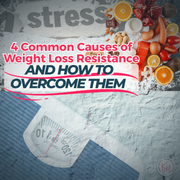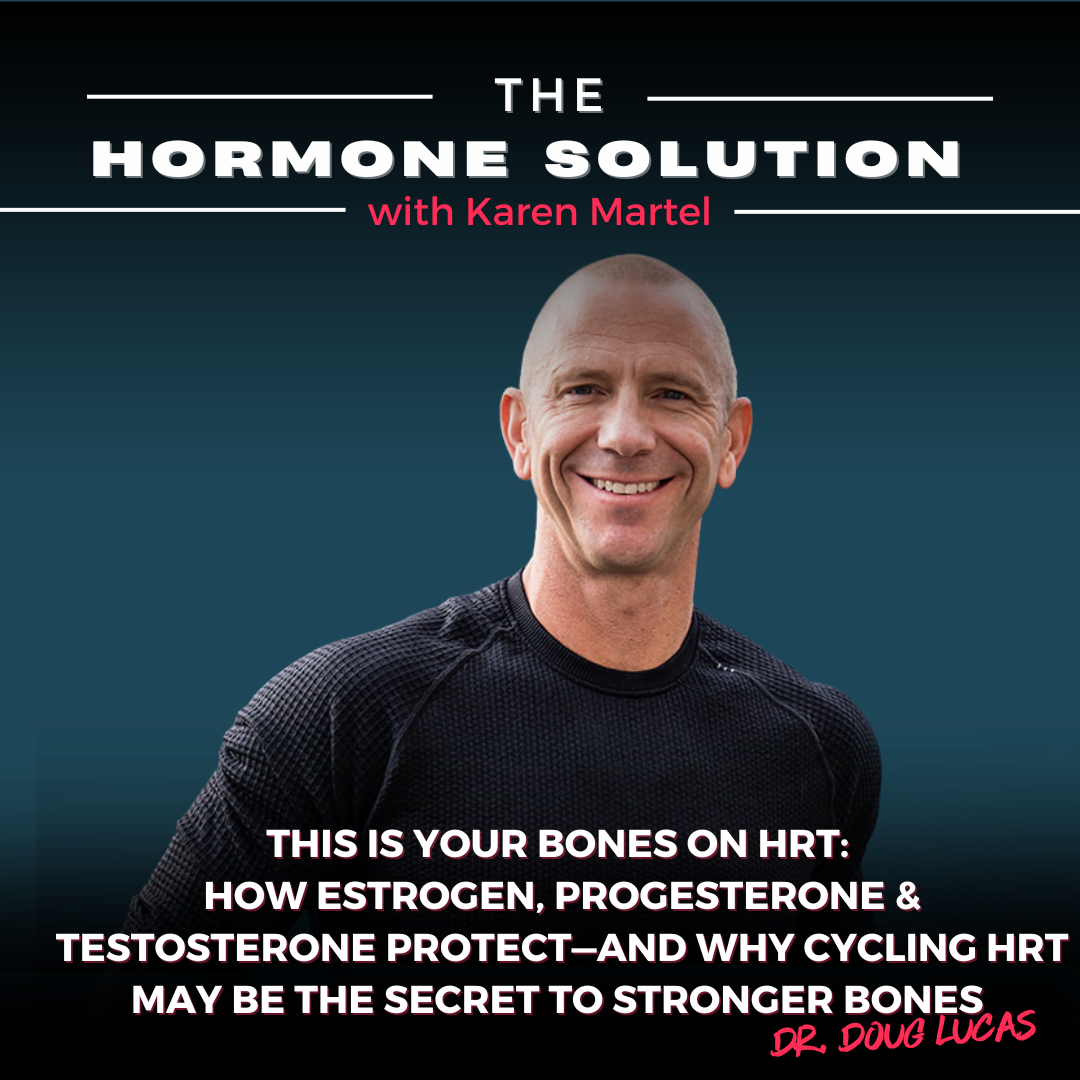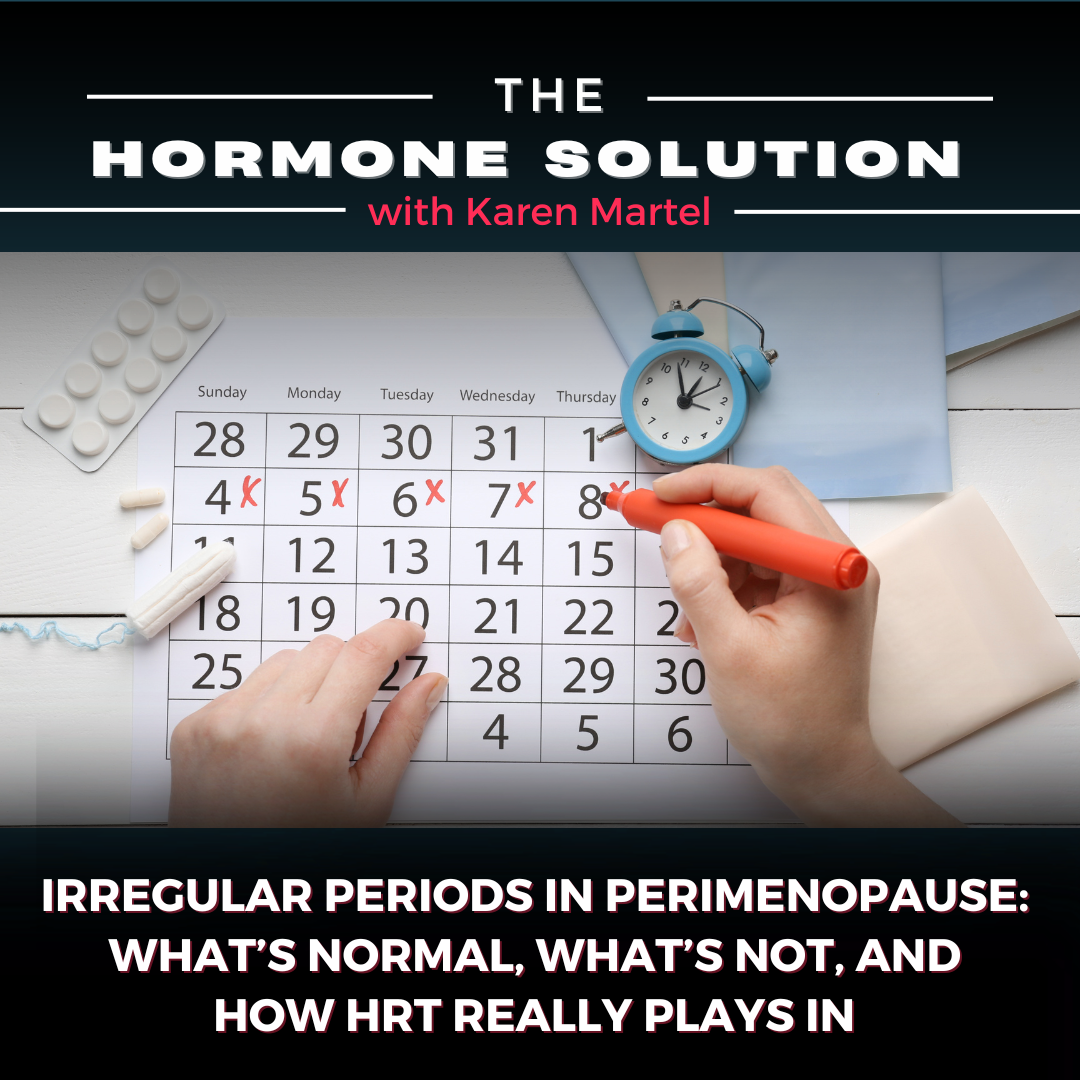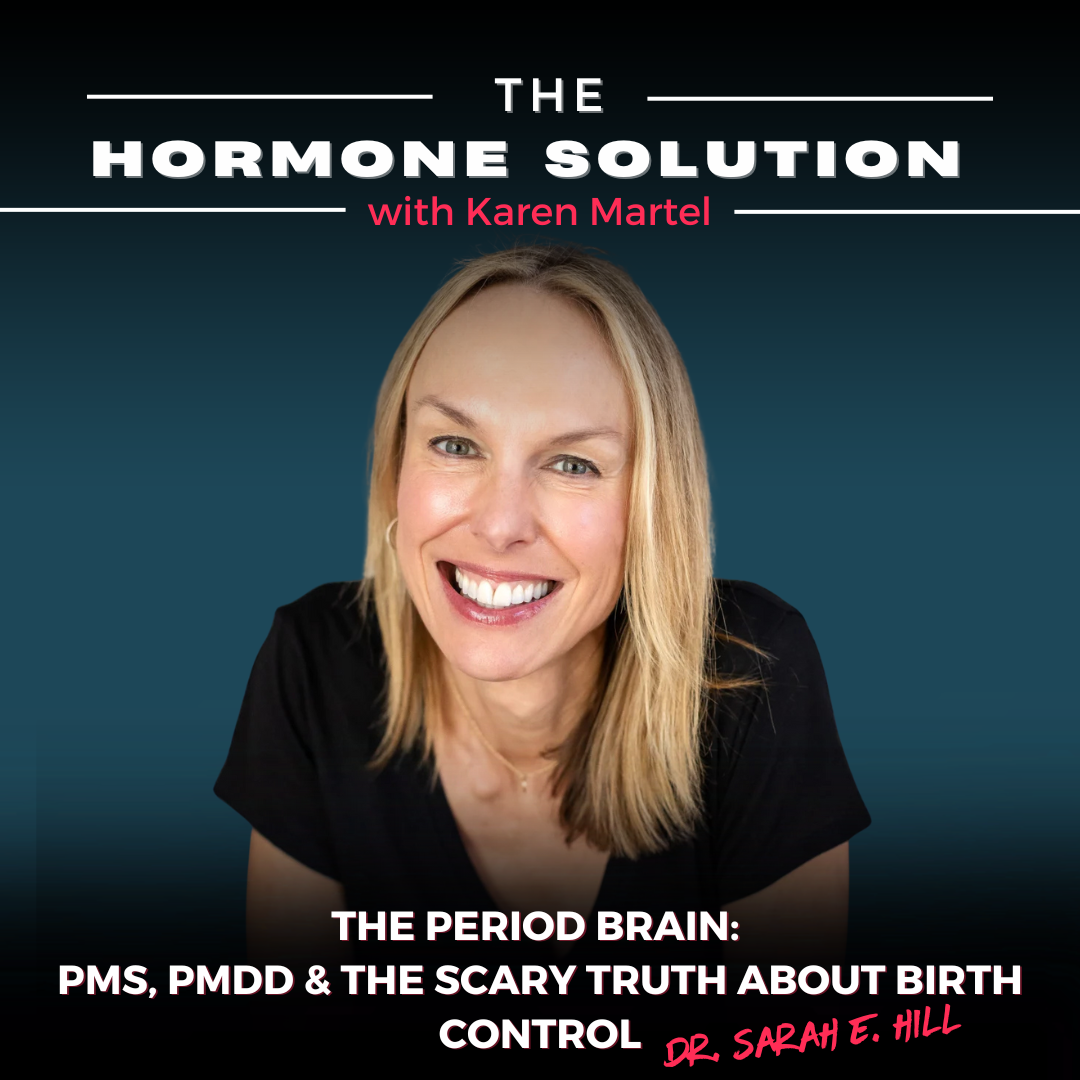The scary truth behind what stress is doing to your body.
In our modern environment, women are exposed to a number of stressful conditions on a daily basis. Stress is more complex than many of us realise. Between work, children, relationships, artificial lighting and our toxic environment we are all exposed to stress. These stressors can contribute to heart disease, cancer, autoimmune disease, alzhemiers and of course weight gain. In todays article I discuss the ugly truth about the effect stress has on the female body and how lifestyle contributes to this.What is Cortisol?
While most of us might link stress to adrenaline, cortisol is the predominant ‘stress hormone’ in our bodies.Our stress reaction ties back to early humanity when the external influence would be a saber-toothed tiger, and the correct response would be to run! This fight-or-flight response is mediated by adrenaline, which provides short-term relief.
Cortisol is released more slowly in response to long-term, chronic stressors. Due to its lasting presence and the risks of long-term elevated cortisol levels, it can have a much greater impact on health and well-being.
Cortisol is released by the adrenal gland in response to both physical and psychological stimuli. Your body cannot differentiate between the stress of meeting deadlines and work and the stress of exercise. This is why you end up feeling the same nerves before a big exam as you do at the start line of a race.
Elevated cortisol levels are normal in the short-term in response to these types of environmental stimuli, but chronic elevated cortisol has been tied to depression, catabolism, poor immune health and increased chances of serious illness.
Cortisol on the female body
Excessive cortisol in our systems can cause a wide range of problems. Our bodies stress-response is usually self-limiting. Hormones work in a negative feedback loop, and once the perceived threat has subsided, hormone levels will return to their normal, baseline concentrations.But when stressors are always present, the whole system will remain in the ‘on’ position. This long-term activation - and subsequent over exposure to cortisol - can disrupt almost all your body’s processes, putting you at increased risk of developing a number of health problems. These include:
- Impaired healing and cell regeneration
- Disrupted digestion, mental function and metabolism
- Weakened ability to fight infection
- Imbalances in other important hormones such as DHEA, oestrogen, progesterone, and testosterone
- Loss of muscle and bone
- Mood swings, anxiety and depression
- Hair and skin problems
- Thyroid imbalances
- Low sex drive
- Sleeplessnes
- Weight gain (or loss) - especially around the midline
- Memory and concentration impairment
- Cortisol and Diabetes Cortisol acts to counter insulin. This encourages higher blood sugar levels, which in a traditional ‘stressor’ scenario, would provide you with more energy to run from a threat. But today, prolonged increased blood sugar concentrations pre-disposes you to developing Diabetes.
- Cortisol and your Immune System Cortisol has a weakening effect on the immune response, leaving individuals suffering from chronic stress highly vulnerable to infection. Cortisol blocks signaling pathways that cause white blood cells to remain inactive during infection with foreign contaminates. Cortisol also stifles inflammation as it inhibits the production of histamine in the body. These two effects in combination can leave us open to illness and getting sick much more regularly.
- Cortisol and Memory The role of cortisol in memory is complex. The region of the brain where memory is stored, the hippocampus, possesses cortisol receptors. Normal levels of cortisol will have no adverse effects on the hippocampus. Excess cortisol, however, overwhelms the hippocampus and causes cell death.
Studies have illustrated significant memory loss in relation to elevated cortisol, though the exact age range at risk is still unclear. The good news for those of us who experience high levels of stress: the damage that occurs from this chain of events in usually reversible.
- Cortisol’s effects on female sex hormones Due to the fact that all our hormones work together within a complex network, cortisol has an effect on other bodily processes too. High cortisol levels over a prolonged time will also cause lack of sex drive, irregular or absent periods (amenorrhoea).
The reason why cortisol levels have such a profound effect on the levels of female sex hormones is because they are both members of the steroid hormone family.
When conditions are right, the body is at liberty to allocate steroid hormone production to the high-end ‘luxury’ hormones - such as DHEA and progesterone. These ‘luxury’ hormones promote and support immune balance, cancer prevention and reproduction. But in stressful conditions, resources are redirected to cortisol production, meaning these other things get ignored.
Elevated cortisol levels have been shown to increase your risk of developing breast cancer and reduce fertility levels in women due to this steroid balancing act.
Demands on female role in today’s society: The demands placed upon us
The stressors placed on women in today’s society are diverse and significant. These range from career, relationships, family commitments, social stresses and all manner of smaller problems that can compound to cause serious stress.
As women, we also experience huge, regular fluctuations in hormones based on the menstrual cycle. This has profound effects on a variety of health factors, but in combination with a baseline of elevated stress and cortisol, the overall effects can easily become a health concern.
Increased social media exposure and a “keeping up with the Jones’” attitude are also rapidly taking over our culture. These platforms add extra stress to our lives by creating unrealistic expectations for all areas of our lives; it’s often hard to forget that we’re only getting to see the highlight reel from other people lives.
Final Words
After reading this article, I hope you appreciate the importance of taking regular time out of your hectic lifestyles to de-stress. Making sure your cortisol levels remain at a normal, safe level is key in you living your wellbeing as both a person and a woman. Be sure to commit yourself to actively unwinding and being gentle with yourself when your hectic schedule requires it!My favorite de-stessing tools;
- Yoga
- Meditation
- Walking in nature
- Grateful journal
- Acupuntcure
- Massage














